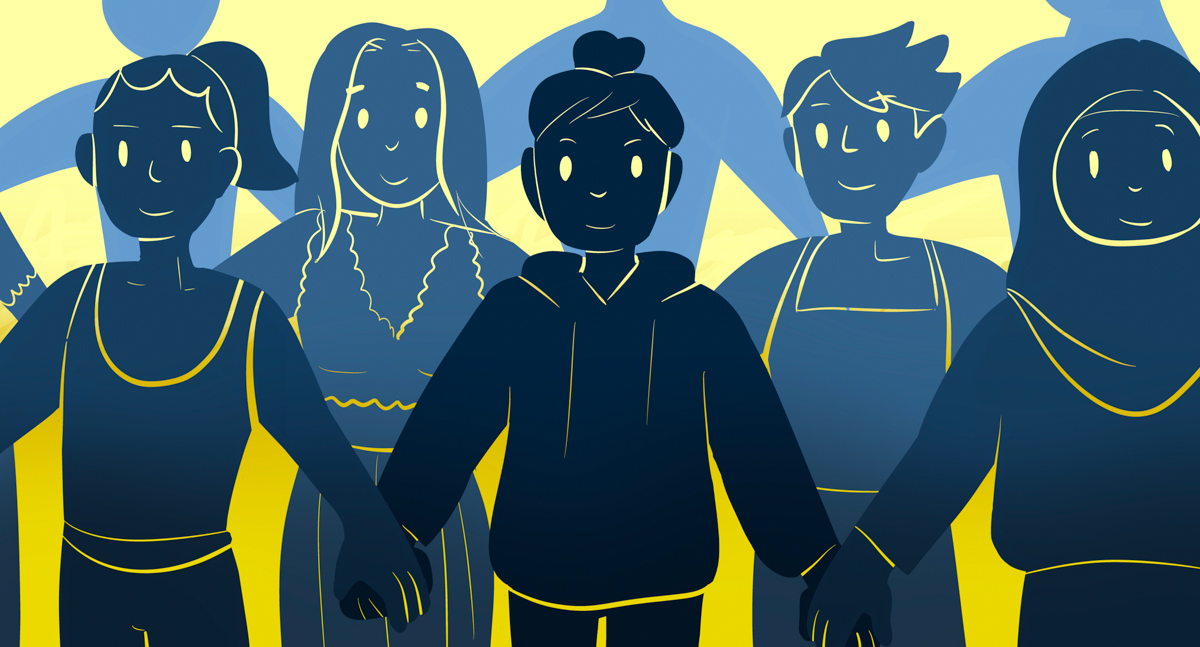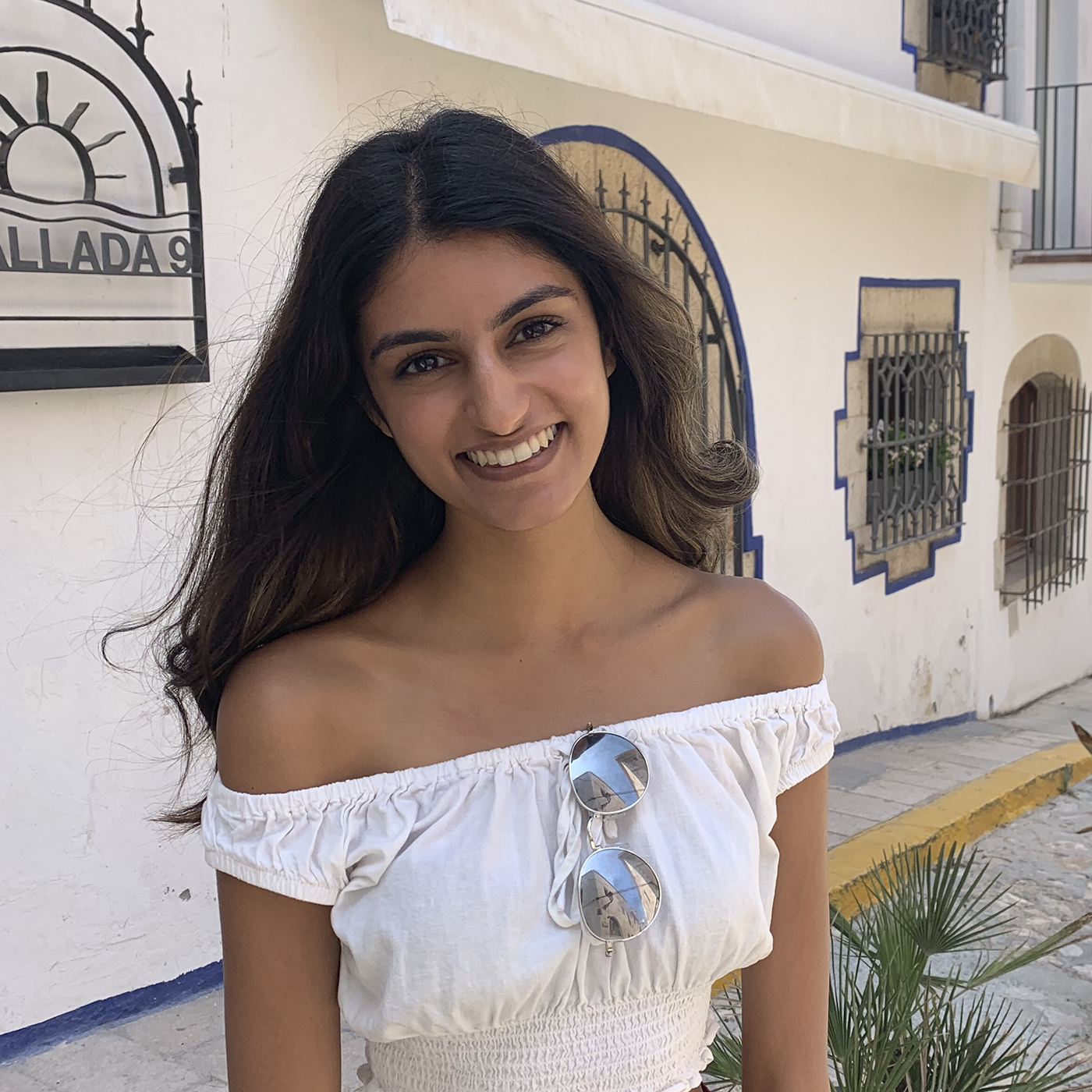Opinion: USAC overlooks crucial voices in CAB by failing to invite feminist organizations

(Bridgette Baron/Daily Bruin)

By Karina Seth
Sept. 22, 2020 10:36 a.m.
The Congressional Advisory Board is meant to recognize marginalized groups on campus.
But this supposedly inclusionary board happens to exclude a large part of the UCLA population.
The Congressional Advisory Board is composed of representatives from different student organizations who advise the Undergraduate Students Association Council on decisions regarding surplus funds, resolutions and community-specific concerns. Student groups represented by CAB have the power to draft legislation to submit to USAC council members. CAB aims to better connect student groups to USAC and amplify their voices by giving them legislative power.
As of now, 23 groups have been contacted to join CAB, said CAB operations director Alexander Berry, a third-year history student. These include the nine groups that comprise the Mother Organization Coalition, a collection of student groups that serve underrepresented communities, and other well-established groups on campus – such as the Transfer Leadership Coalition and Swipe Out Hunger.
But conspicuously missing from CAB are organizations dedicated to feminism. For a board that’s meant to increase accessibility to historically exclusive institutions of power, this is not just ironic – it’s worrying.
As CAB continues recruiting student groups to join the board, student organizations centered on femininity and sexual violence need to be at the top of the list. Organizations that empower female-identifying folks must have a seat at the table to push for change. Without their input, CAB cannot fulfill its mission of bringing marginalized groups into the decision-making space. These feminist groups narrow in on specific student concerns, better addressing community needs – and CAB needs their input to truly live up to its mission plan.
Feminist organizations play an increasingly important role on campus. In fall quarter of 2018, 58% of UCLA undergraduates identified as female. The school has more than 40 student organizations aimed at elevating female voices in different fields of study and aspects of student life.
But the power to pass legislation lies squarely on the shoulders of USAC, said Chloe Rosenstock, the co-director of Sexperts, a club aimed at promoting sexual health and consent.
“The more feminist voices you have, the more equity goes into decision-making,” said Rosenstock, a second-year sociology student. “Feminist group leaders bring up more specific issues and different agendas that are really beneficial to hear.”
These groups often offer concrete plans to support sexual violence survivors, elevate the LGBTQ+ community, integrate women in STEM and ensure access to reproductive health care. The intersectionality of feminist organizations and other marginalized groups means that the impact of women and feminist groups is widespread and important – yet they aren’t explicitly represented in an organization whose goal is to elevate student voices. This oversight on the part of CAB excludes feminist organizations from a body whose supposed goal is to amplify student voices.
Berry said he hopes to transform CAB into a durable and evolving institution within USAC to ensure student voices are heard. CAB’s initial recruitment process focused on people of color and groups with historically low retention and admission rates to the university.
“Now, we are looking at a more varied approach of organizations that are more issue-specific and maybe less established on campus,” Berry said.
But it makes little sense to focus primarily on race, considering race and gender are not divisible categories. Women of color, for example, belong to both marginalized gender and racial groups and face unique challenges as a result. Many feminist organizations on campus take a transdisciplinary approach, such as the Afrikan Womxn’s Collective, in which feminist issues are not seen as exclusive entities from other forms of self-identity. CAB has seemingly ignored this, choosing to pursue a rather reductionist approach to identifying marginalized groups. Because of this intersectionality, a feminist group presence in CAB is crucial to informed decision-making.
As CAB and USAC move to recruit more issue-based groups, they must keep in mind the diversity and depth female voices bring to the university.
USAC and CAB will work together to allow student leaders on campus to offer insight on community issues and student needs, USAC President Naomi Riley said.
“CAB is big on making sure decisions are made in partnership with student organizations who don’t have the knowledge or desire to navigate USAC’s bureaucracy,” said Riley, a fourth-year political science student. “It eliminates the bureaucratic wall.”
As it currently stands, however, this bureaucratic wall still exists for feminist organizations.
To be fair, CAB has been consciously working to diversify its current student organization outreach list. VOICE Mission LA, a group that promotes access to education and health care for young women, recently confirmed it will join the board. CAB is also working with the UC Coalition for Reproductive Justice to create a safe space on campus for sexual assault survivors, Berry said. These are great steps, but this momentum needs to continue into the fall and well beyond.
The initial lack of inclusivity certainly undermines the foundational purpose of CAB.
But that can be rectified with a conscious and willing effort on the part of elected leaders – an effort that must see the light of day.


